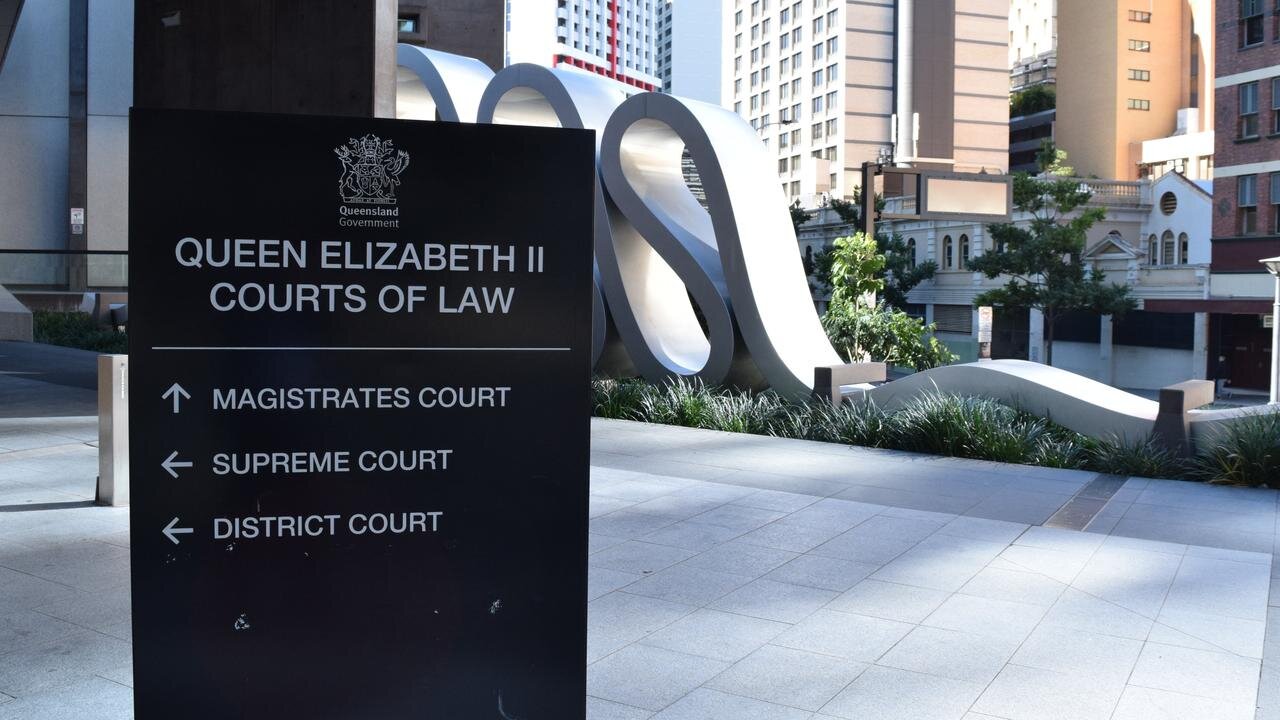Tax Fraud Lawyer
Have you been accused of committing a tax crime?
The ATO or SFCT may have contacted you about their investigation of suspected tax evasion or tax fraud offences. Early advice and legal representation in relation to your tax crime can affect the outcome of your case.
To get legal advice from the experienced Australian tax law lawyers here at Ashworth lawyers, submit a quick enquiry.
What is tax crime?
Tax crime is taken seriously by the courts and involves allegations of abusing the Australian tax system and superannuation systems for financial benefit. This broadly includes:
Hiding cash wages during employment;
Tax avoidance;
Using complex secrecy arrangements for offshore tax evasion;
Falsely claiming tax refunds and benefits
Each instance of fraud or tax evasion is considered a white collar crime, meaning that they are non-violent but financially motivated and usually committed by businesspersons, businesses, or government officials. Penalties can include fines, criminal convictions, community service and probation, and terms of imprisonment. The financial and personal consequences can be severe for a person charged with tax offences.
The Australian Tax Office (ATO) is regularly updating their systems and has sophisticated data sharing technologies to help detect and prosecute tax offences. The ATO can prosecute minor tax offences, but more serious criminal offences are referred to the Commonwealth Director of Public Prosecutions (CDPP).
Tax offences can be prosecuted under various Commonwealth legislation including:
Commonwealth Criminal Code
Taxation Administration Regulations
Proceeds of Crime Act
Crimes (Taxation Offences) Act
Early advice and legal representation is crucial for tax crime. Contact us to speak with an experienced tax lawyer.
What are tax related offences?
Tax evasion involves some criminal act or omission by the taxpayer. Tax fraud is more serious and involves the taxpayer making a false statement to the ATO about their tax payments or being recklessly careless about whether their statement is true or false.
Tax offences include:
Failure to lodge taxation returns
Recklessly claiming deductions that the taxpayer was not entitled to
Withholding information from the Commissioner or failing to keep records
Submitting false, backdated or altered documents
Paying wages in cash and not reporting the wages paid to the ATO
Not remitting GST, Pay As You Go Withholding (PAYGW) tax or Superannuation Guarantee charges to the ATO
Making false statements
Disguising personal expenses intended for personal benefit as business expenses
Who investigates tax crime?
As Australia’s tax laws are extensive and ever-changing, the ATO alone cannot investigate all tax offences. To help establish more effective criminal tax investigations the Australian Federal Police established the Serious Financial Crime Taskforce (SFCT). This task force specifically targets financial crimes such as tax fraud.
The government agencies that often work together as part of this task force include:
Australian Tax Office (ATO)
Australian Criminal Intelligence Commission (ACIC)
Australian Federal Police (AFP)
Attorney General’s Department (AGD)
Australian Securities and Investments Commission (ASIC)
Australian Transaction Reports and Analysis Centre (AUSTRAC)
What if you have been accused of tax crimes?
As tax fraud is a serious criminal offence, it is crucial that you get legal advice or representation from a tax fraud lawyer. Our criminal defence lawyers have decades of combined criminal law experience.
If you have been charged with any tax related criminal offences, contact our Brisbane criminal lawyers now for expert advice and quality legal service.
Common Questions
WHAT IS THE CHARGE PROCESS FOR A TAX OFFENCE?
You may receive a Summons to Appear before a Magistrates Court, which is a document notifying you of the charge/s and which day and time to attend court. It will also include the court location. This can be served by post to your last known place of residence or business. The notice must be sent at least 21 days before the court date.
It is important to promptly seek legal advice after you have received the summons. Once retained, the first step for our office is to request the relevant documents from the prosecutor, which includes the fact sheet which summarises the allegations.
Once received, we will have a conference with you to discuss in detail which points you agree and disagree with. We can then give you advice about your options and the likely outcome of your case.
The options will usually be: to plead guilty, not guilty, or to negotiate with the prosecutor to either discontinue charges or amend the facts.
However, if you are unable to seek legal advice before the court date, it is possible to seek an adjournment. The court will most likely grant an adjournment at the first court date especially if you need more time to seek legal advice. This means that at the court date, you can ask the court for more time. If granted, the court will order a further court date usually a few weeks away. We remain available to discuss your case at any stage of the process and at short notice.
WHAT ARE THE PENALTIES FOR TAX OFFENCES?
Penalties range from fines to terms of imprisonment, depending on your personal background and the seriousness of the circumstances.
The Australian Tax Office publishes results of recent cases and examples of penalties include:
May 2022 - obtaining and attempting to obtain more than $250,000 in fraudulent GST refunds through business activity statements - 3 years imprisonment
April 2022 – 18 counts of failing to comply with court orders under the Tax Administration Act 1953, being an order to lodge 5 tax returns and 13 business activity statements (BAS) - 7 months imprisonment
April 2022 – attempting to obtain a financial advantage of more than $390,000 - 3 years imprisonment
January 2022 - 13 counts of obtaining a financial advantage by deception and one count of attempting to obtain a financial advantage by deception by claiming fraudulent GST refunds – 3 years imprisonment
The ATO will consider a number of factors before deciding whether to start court proceedings. This includes: the value alleged, the seriousness of the offence, whether there is any criminal history, the protracted nature of the offence, the sophistication, and the need to deter the public from these types of charges. The ATO has the option of applying an administrative penalty instead of court proceedings. There may also be interest charges applied to late payments made to the ATO. The penalties are to encourage taxpayers to take reasonable care when meeting their tax obligations.



